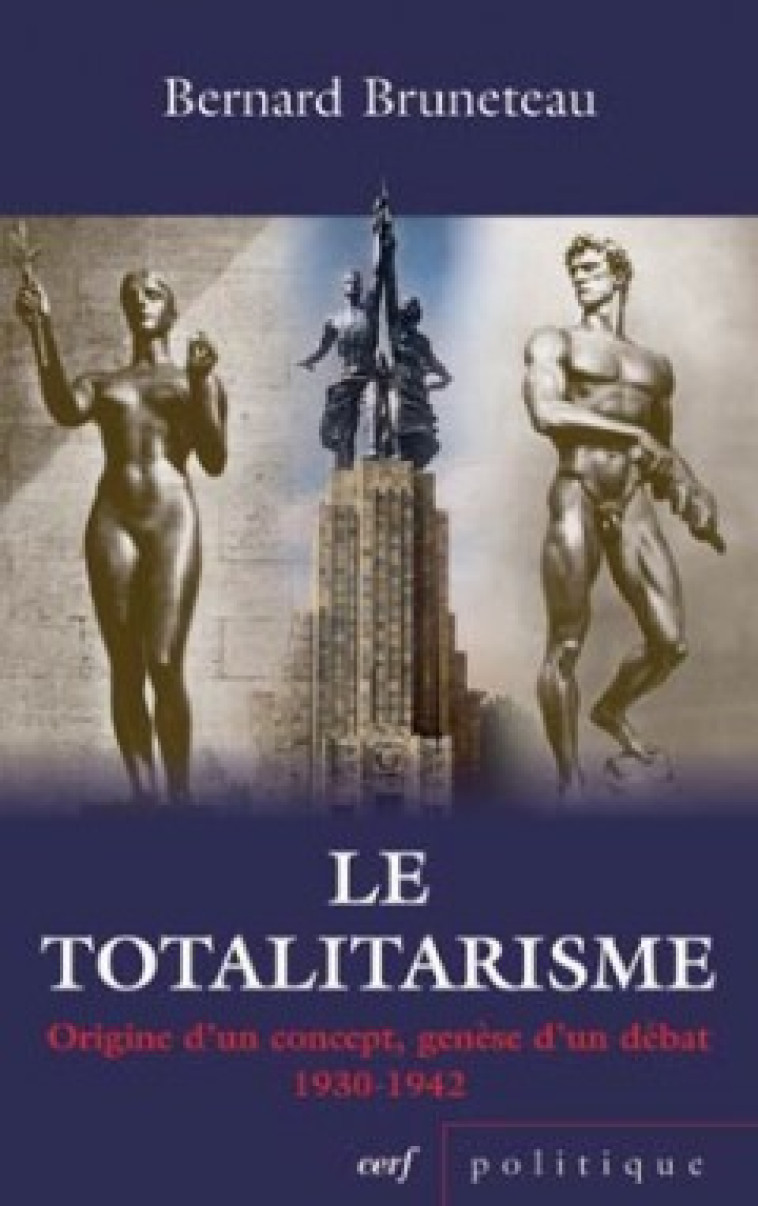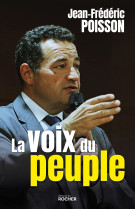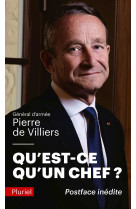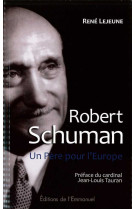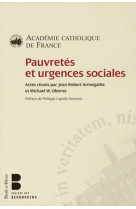Le totalitarisme - origines d'un concept, genese d'un debat 1930-1942
Bernard bruneteau
Le totalitarisme a dominé et écrasé une bonne partie du XXe siècle. Qualifiant une forme de pouvoir « total », le mot désigne aussi un concept (l'idéal-type dudit pouvoir) et une théorie (une catégorie de régime opposé à la démocratie). Utilisé de façon polémique au temps de la Guerre froide, il a constitué un enjeu politique majeur et, aujourd'hui encore, son usage semble sacrilège pour ceux qui refusent tout parallèle entre l'Allemagne nazie et l'URSS stalinienne, entre une idéologie raciste et une utopie universaliste, même dévoyée. Dans cette anthologie, sont présentés plus de cinquante textes souvent inédits ou oubliés. Ils mettent en lumière l'historicité d'un concept qui, en réalité, doit peu aux affrontements de la Guerre froide. En effet, c'est « à chaud », dans les années 1930, en plein développement du communisme en URSS, du fascisme en Italie, puis du nazisme en Allemagne, que les premières perspectives comparatistes apparurent. Bien avant les analyses canoniques d'Hannah Arendt, des philosophes, des juristes, des historiens et des économistes, européens et américains, ont précisé les mécanismes idéologiques et les structures de pouvoir présidant à une convergence entre les trois régimes. Lieu commun de la réflexion politique dans l'avant-guerre, le totalitarisme est alors au coeur d'un renouvellement des questionnements sur la démocratie, sur sa refondation philosophique, sur la protection que peut lui assurer la loi. Et pour ceux qui définissent une nouvelle catégorie de dictature, fondamentalement différente des formes traditionnelles, le combat contre elle va bien au-delà du seul antifascisme.
--
Totalitarianism dominated and weighed down a substantial part of the 20th century. When we describe a power as ‘totalitarian', the word evokes a concept (an ideal of the aforementioned power) and a theory (a regime opposed to democracy). Used in a polemical fashion at the time of the Cold War, it constituted a major political issue and its use today still shocks those who reject any parallel between Nazi Germany and Stalinist USSR, between a racist ideology and a Universalist utopia, even a corrupt one. This anthology assembles over fifty texts, many unpublished or fallen into obscurity. They bring to light the historicity of a concept which, in reality, owes little to Cold War confrontations. It was in the 1930s - when Communism in the USSR, Fascism in Italy, then Nazism in Germany were in full expansion - that the first comparatist viewpoints appeared. Long before Hannah Arendt's canonical analyses, philosophers, jurists, historians and economists, both European and American, defined the ideological mechanisms and power structures that cause the three regimes to converge. A truism in pre-War political thinking, totalitarianism then lay at the heart of a renewed questioning of democracy its new philosophical bases and to what degree it might be protected by law. And for those who detect a new category of dictatorship, fundamentally different from the traditional forms, the combat against totalitarianism extends far beyond anti-fascism.

